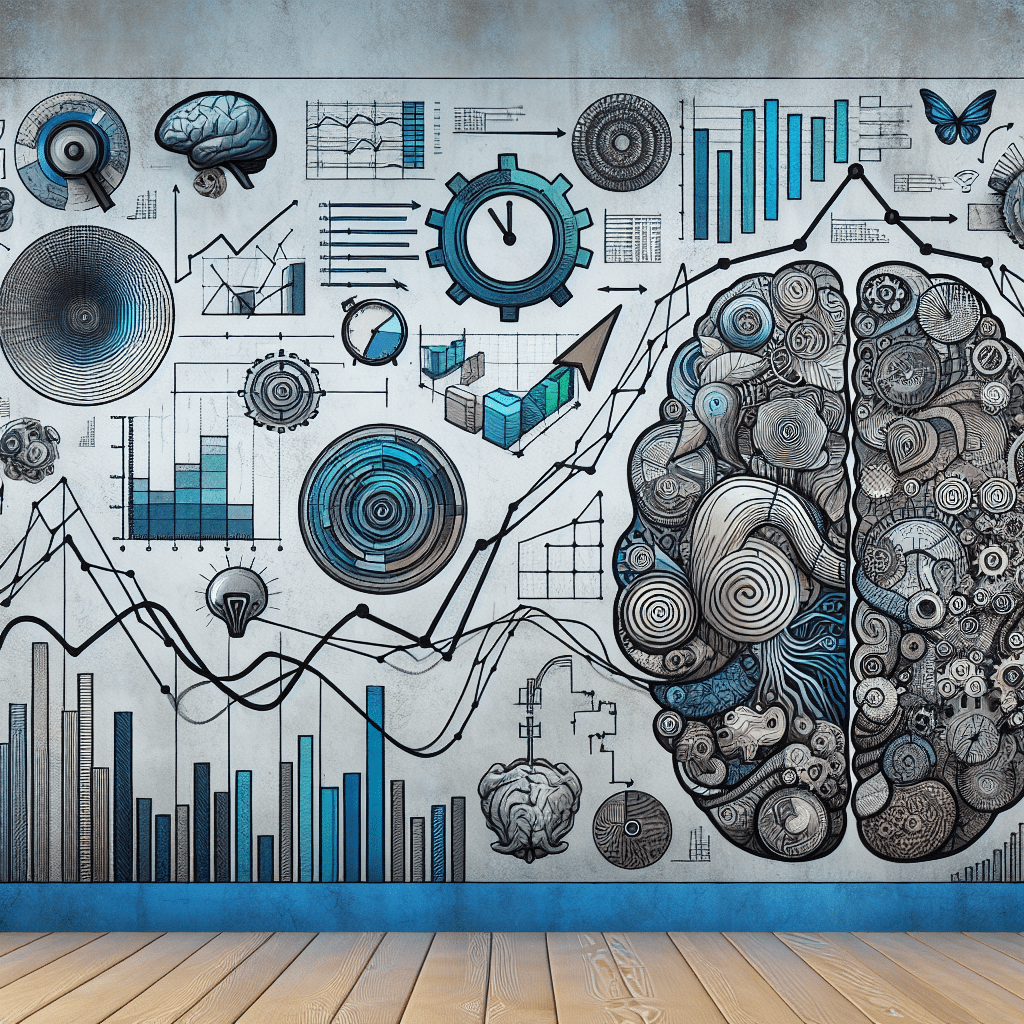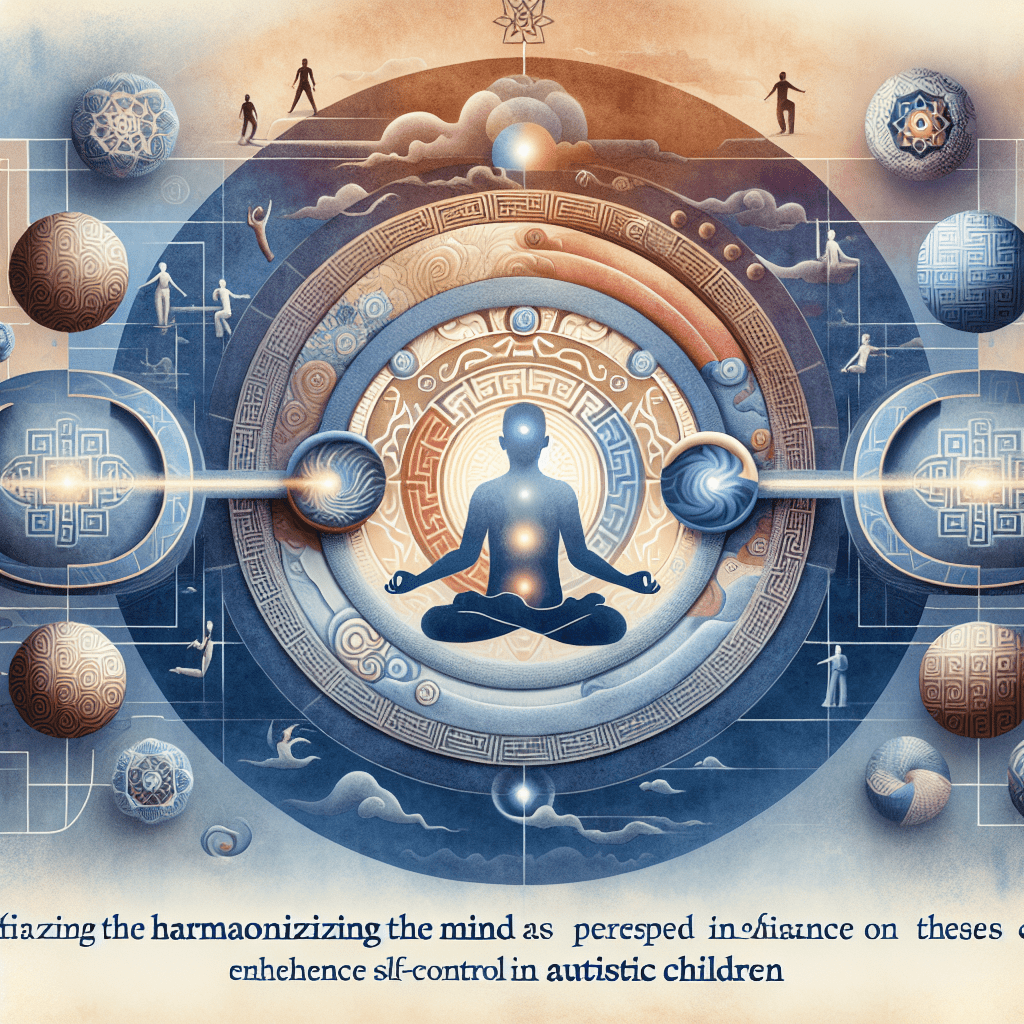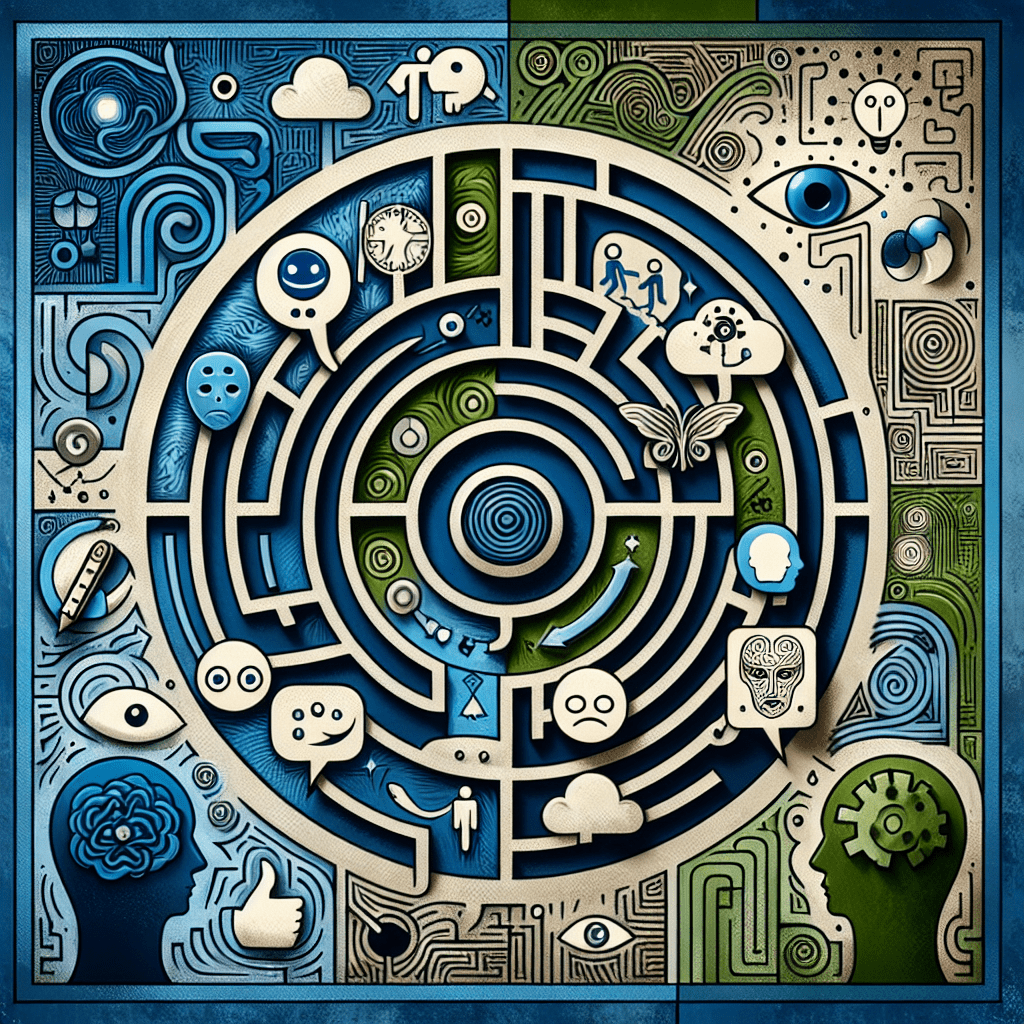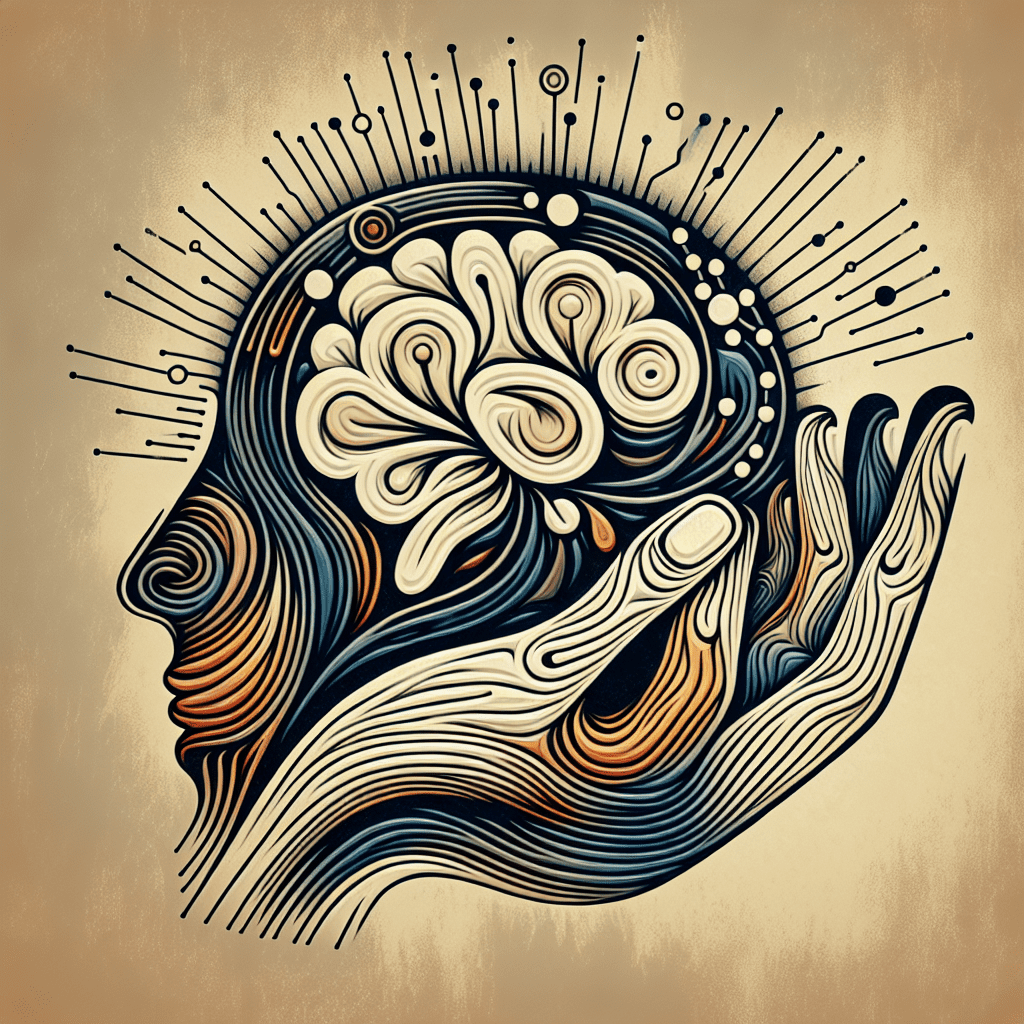Introduction Imagine trying to solve a puzzle that has been notoriously intricate for both scientists and the general public: the mind of someone with Asperger Syndrome (AS). Often cloaked in mystery, AS is part of a broader family known as Autism Spectrum Disorders (ASD), characterized by unique social interactions, communication styles, and behaviors. While people […]
Tag: Cognitive neuroscience

Unveiling the Neural Dance: How Our Minds Inhibit Ourselves to Understand Others
Introduction: Peering into the Mind’s Mirror Imagine being able to slip into someone else’s shoes seamlessly, perceiving the world through their eyes. This ability, which seems almost magical, is known as the Theory of Mind (ToM). It’s how we understand, predict, and engage with the emotions and beliefs of those around us. Yet, while most […]

Mastering the Mind’s Toolkit: How Memory Updates Shape Emotion Regulation
Introduction Imagine this: you’ve just had a rough day, and despite your best attempts to shake off the negativity, the emotions linger. You try to shift gears, but the day’s events replay in your mind like a broken record. Why is it that some people can seamlessly move on from such moments while others are […]

Understanding the Financial Landscape of Dementia: Insights from a Longitudinal Study
— Introduction Dementia, a relentless thief of memory and function, is not just an emotional and psychological challenge but also a massive financial burden for individuals and society alike. As the global population ages, the ripple effects of dementia on healthcare systems and familial resources grow more apparent and concerning. But what exactly contributes to […]

Decoding the Brain’s Whisper: Understanding Alzheimer’s and Cognitive Impairment**
Introduction: The Brain’s Whisper Imagine walking through a labyrinth where the walls shift and change with each turn—you think you know the path, but everything is unpredictably different. This might give you a slight sense of what millions face every day with Alzheimer’s Disease (AD) and Mild Cognitive Impairment (MCI). Both conditions resemble a shifting […]

Harmonizing the Mind: How Ancient Chinese Exercises Enhance Self-Control in Autistic Children
— Introduction: The Ancient Key to Modern Challenges Imagine finding a solution to one of modern life’s most complex challenges in the quiet wisdom of an ancient practice. For many parents and caregivers of children with autism spectrum disorders (ASD), managing their child’s self-control can be an ongoing battle, characterized by frequent temper outbursts and […]

Exploring Young Minds: Understanding Social Cognition and Psychopathic Traits
Introduction Imagine you’re reading someone’s facial expression to gauge their mood, intent, or feelings. It’s something most of us do without thinking, like reading a familiar book. But for some young individuals, deciphering these social cues can be like trying to read an ancient script without a Rosetta Stone. It becomes even more challenging when […]

Unveiling the Impulsive Mind: A Journey into Neural Activity Changes
Introduction Imagine you’re waiting at a traffic light, lost in thought, and your foot suddenly taps the gas pedal as the light turns green without you consciously realizing it. This everyday scenario is a perfect illustration of how our minds sometimes operate on autopilot. The body reacts, yet the mind lags behind, catching up only […]
Discovering the Link: How Cash Incentives Can Enhance Cognitive Function in Adults with ADHD
Introduction: Cracking the Code of Motivation and Cognition Imagine a world where simple rewards like a chocolate bar or a cash bonus could enhance your mental abilities. Intriguing, right? In the vast and often complex landscape of the human mind, understanding how rewards affect people with Attention-Deficit/Hyperactivity Disorder (ADHD) could unlock powerful strategies for enhancing […]

Navigating Stress: The Ripple Effect on Our Brain’s Resting Networks
— Introduction Imagine this: You’re preparing for one of the most critical exams of your life. The hours are long, the pressure is immense, and the stress, well, it’s palpable. Now, consider how this stress influences not just your mood or your sleep but also the very architecture of your brain. Surprising as it may […]
